The Roles in Advanced Nursing Paper. docx
$4.99$16.99
The Roles in Advanced Nursing Paper. docx
The role of Advanced Practiced Registered Nurses (APRNs) has been evolving in the past few decades. APRNs are licensed individuals who can practice independently within established standards. An APRN is a Registered Nurse who obtained a license to practice as a Certified Nurse Practitioner (CNP), a Clinical Nurse Specialist (CNS), a Certified Nurse-Midwife (CNM), or a Certified Registered Nurse Anesthetist (CRNA). As the healthcare system becomes more complex every day, it is the nurses who are dependent on expanding their knowledge and being the change in today’s world. To transform the healthcare system, nurses are required to have a master’s level education and be APRN certified to help prepare them for the care they will be providing to diverse populations. Graduate-level education prepares accelerate-level nursing with a greater understanding of the higher-level practice and leadership it takes to deliver and enhance care (AACN, 2011).
Description
The role of Advanced Practiced Registered Nurses (APRNs) has been evolving in the past few decades. APRNs are licensed individuals who can practice independently within established standards. An APRN is a Registered Nurse who obtained a license to practice as a Certified Nurse Practitioner (CNP), a Clinical Nurse Specialist (CNS), a Certified Nurse-Midwife (CNM), or a Certified Registered Nurse Anesthetist (CRNA). As the healthcare system becomes more complex every day, it is the nurses who are dependent on expanding their knowledge and being the change in today’s world. To transform the healthcare system, nurses are required to have a master’s level education and be APRN certified to help prepare them for the care they will be providing to diverse populations. Graduate-level education prepares accelerate-level nursing with a greater understanding of the higher-level practice and leadership it takes to deliver and enhance care (AACN, 2011).
The Roles in Advanced Nursing Paper. docx
The purpose of this paper is to inform its readers about the roles and competencies of advanced practice nurses and how essential the care they provide is. All APRNs are required to have a master’s degree in which the program focuses on preparing their graduates for roles that involve direct care for their patients. This course should focus on areas such as physiology, pathophysiology, health assessment, and pharmacology(AACN, 2011). However, if one wants to graduate within one of the 4 APRN roles, such as CNP, CNS, CNM, or CRNA, then they must take additional courses that are geared toward that role.
The Roles in Advanced Nursing Paper
With this master’s level degree, advanced practiced nurses will identify to have the knowledge needed for advanced practice. The Certified Nurse Practitioner or CNP is one who provides primary and acute care across all settings and populations. A CNP can practice in diverse populations such as family practices, internal medicine, pediatrics, neonatal, women’s health, geriatrics, and emergency medicine. CNPs can practice in acute care or primary care settings and provides care from the initial visit to follow-up care appointments. For example, when a CNP has a patient, they will start by collecting comprehensive medical histories, providing physical examinations, and providing screening for any concerns the patient may have (AACN, 2011).
The Roles in Advanced Nursing Paper. docx
- NURSING 502 – medical (1537 Documents),
- NURSING C2346 – (865 Documents),
- NURSING C622 – Ophthalmology (212 Documents),
- NURSING 341P – (159 Documents),
- NURSING 310 – 310 (107 Documents),
- NURSING 3165 – (104 Documents),
- NURSING 440 – 440 (84 Documents),
- NURSING 520 – 520 (61 Documents),
- NURSING 3069 – 3069 (41 Documents),
- NURSING 2 – 2 (35 Documents),
Only logged in customers who have purchased this product may leave a review.

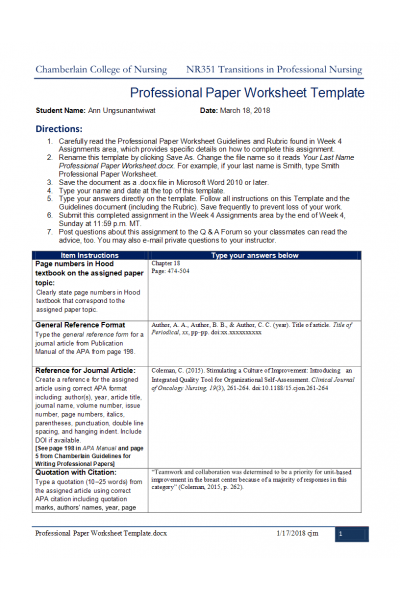
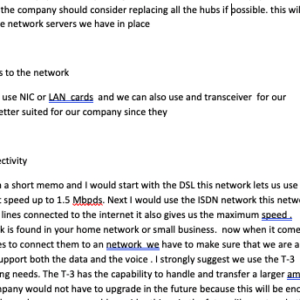

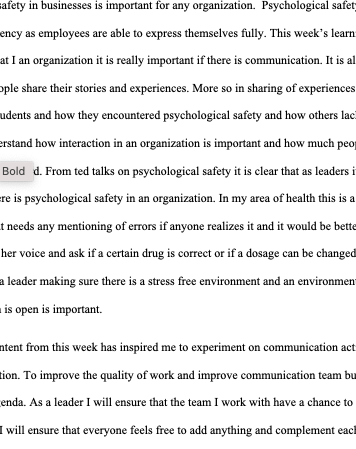
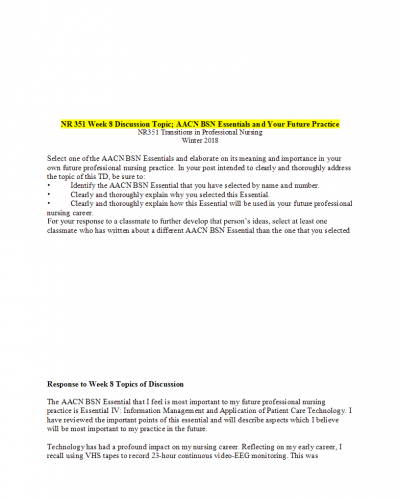
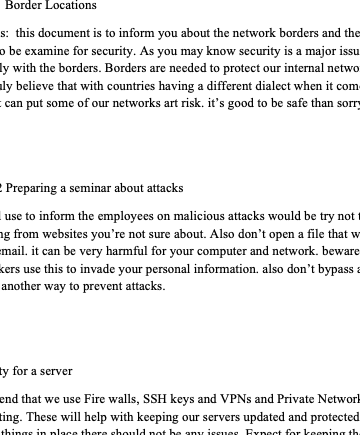
Reviews
There are no reviews yet.